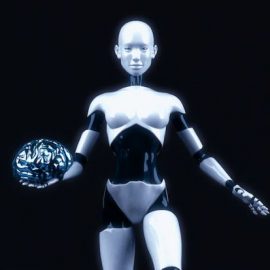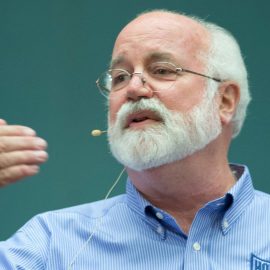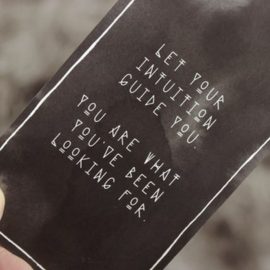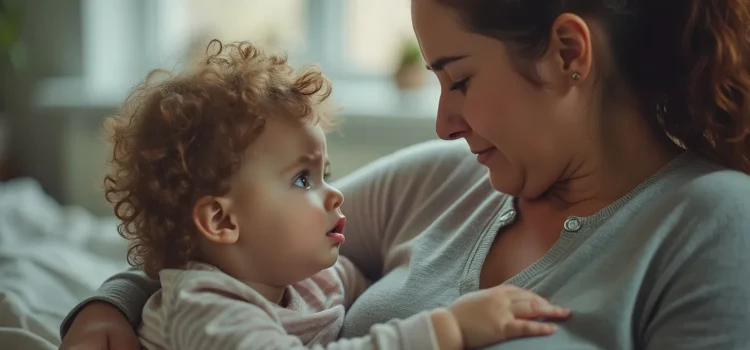
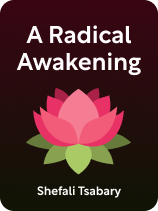
This article is an excerpt from the Shortform book guide to "A Radical Awakening" by Shefali Tsabary. Shortform has the world's best summaries and analyses of books you should be reading.
Like this article? Sign up for a free trial here.
What myths about motherhood might be shaping your perspective as a woman? How can these societal expectations affect your relationship with yourself and others?
According to Dr. Shefali, motherhood myths that arise from traditional beliefs are only hurting women. Her insights reveal how patriarchal expectations can impact women’s identities, relationships, and overall well-being—whether they have children or not.
Read more to explore Dr. Shefali’s ideas that could transform your understanding of motherhood and womanhood.
Dr. Shefali on Motherhood Myths
According to Dr. Shefali, motherhood myths circulating in patriarchal societies tend to disadvantage women. She points to two particular societal expectations around motherhood that often influence women’s identities negatively. Let’s take a look at each.
Myth #1: Motherhood Is Your Most Important Role
First, society often tells women that the most important thing they can do in life is become a mother, and that, if they don’t have children, they’re less of a woman. This is inherently untrue and often makes women without kids or who are unable to conceive feel they’ve lost their female identity.
Myth #2: Motherhood Is Your Identity
Further, society encourages motherhood to consume women’s identities once they have children. Because their identity and sense of self-worth become dependent on their children, women become obsessed with being the “perfect” mom. This often causes mothers to put too much pressure on their kids to be perfect—smart, athletic, polite, and so on—because they see their kids as a representation of themselves. Further, when children grow up and move out, the mother often feels she’s lost her identity because she no longer has a child to obsess over.
| The Effects of “Mother” as an Identity The pressure that the patriarchy puts on women to have children and the emphasis on “mother” becoming women’s primary identity after giving birth has more consequences than what Dr. Shefali discusses. Some experts argue that the phenomenon is creating a crucial rift between women who have children and women who don’t. For example, many childless women feel their relationships with female friends and family deteriorate once their counterparts become mothers. As Dr. Shefali notes, motherhood often consumes women’s identities and shapes daily experiences—when this happens, childless women often feel fundamentally unable to relate to the experiences of their friends who are mothers. This causes them to become estranged from their friends and struggle to fit in with other women, leaving them feeling isolated. |
Instead, Dr. Shefali says mothers should see their child as a separate entity that they love and support. They should live in the present moment and accept things as they are rather than judging them as good or bad—not let their children’s behavior or emotions affect their own, and not judge their kids as being good enough or not. This allows them to be a stable and consistent supporter for their children. They should also work to heal their own issues so they can be the best parent they can be.
(Shortform note: Dr. Shefali elaborates on this approach to parenting, called conscious parenting, in her book The Conscious Parent. In the book, she explains that the fundamental principle behind conscious parenting is to recognize that children are the catalyst and guide for a parent’s personal and spiritual development. She explains that parents unknowingly pass their emotional pain onto their children if they don’t fix it. This is why parents must live in the present, detach from their ego, and release the need to be the perfect, all-knowing parent with a perfect child. Instead, they need to see their child as a companion in growth so they can both become the best versions of themselves.)

———End of Preview———
Like what you just read? Read the rest of the world's best book summary and analysis of Shefali Tsabary's "A Radical Awakening" at Shortform.
Here's what you'll find in our full A Radical Awakening summary:
- The patriarchy’s impact on women’s sense of identity
- The destructive societal myths that dictate women’s lives
- How women can break the patriarchal cycle they were raised in



